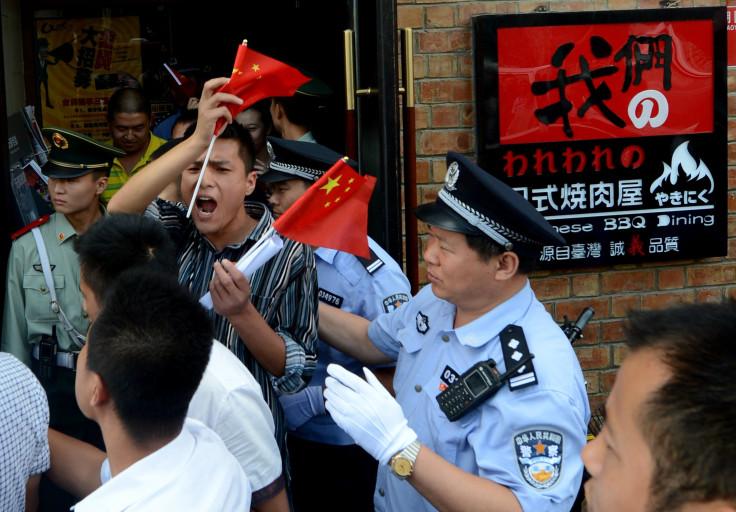Japan's Defense Paper Targeting China Jeopardizes Economic Relations: Chinese Media

Chinese state media has warned that a Japanese defense paper on China could spell trouble for bilateral economic relations, particularly Japanese businesses operating in China. The defense paper, which was released Tuesday, took specific aim at China's ambitions in the disputed waters of the South China Sea and East China Sea.
“It is unwise for Japan to take a hard-line stance against China, because it may further damage the already vulnerable economic ties between the two countries and hurt Japanese businesses,” an op-ed article in China's state-owned Global Times said. “The criticism by Japan is groundless and the country should not further hurt the already weak economic ties between China and Japan by ramping up nationalism and unnecessary misunderstandings, or by raising suspicions over political and security issues.”
The editorial makes reference to 2012, when a breakdown in political ties between Beijing and Tokyo was fueled by adamant claims over the disputed Diaoyu/Senkaku Islands in the East China Sea. The political dispute soon trickled into society as anti-Japanese sentiment grew in China, with economic consequences.
As anti-Japan protests began filling the streets of Beijing, Chinese citizens launched boycott movements against Japanese products, such as cars. As sales grew in China for foreign brands from Germany and the U.S., sales of Japanese-made vehicles dropped 2 percent year-on-year in August 2012. Though the two nations have been adversaries since World War II, economic partnerships remain mutually important.
Earlier this year, Shen Danyang, a spokesman for China’s Ministry of Commerce, spoke at a media briefing regarding the deteriorating ties between the two countries -- and how they could potentially disrupt trade flow. Shen said that sluggish Japan-China trade and economic cooperation was the result of “severe difficulties in the two countries’ political relations.”
“The lesson that cool relations can harm Japanese companies should be remembered,” Tuesday's editorial said. “It is unwise for Japan to once again ramp up nationalism and provoke conflicts in the East China Sea and in the South China Sea.”
© Copyright IBTimes 2025. All rights reserved.





















